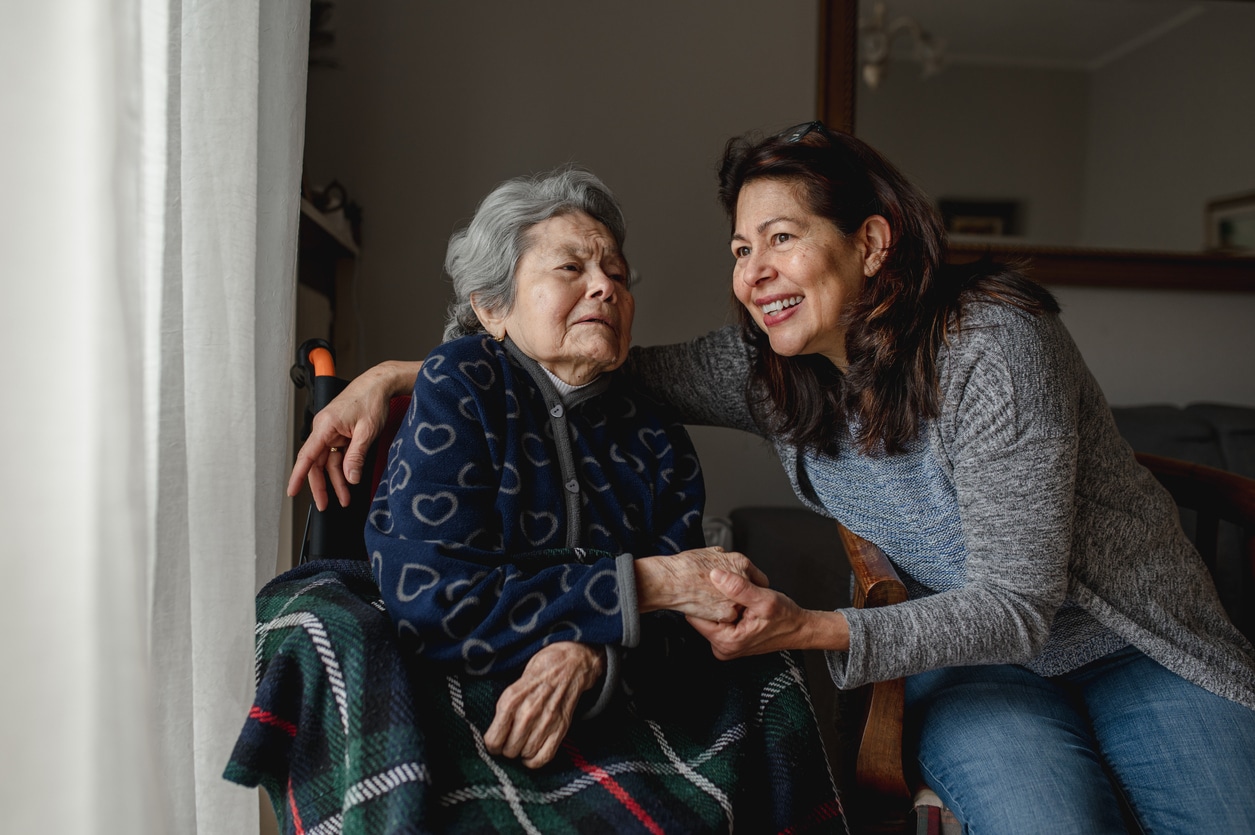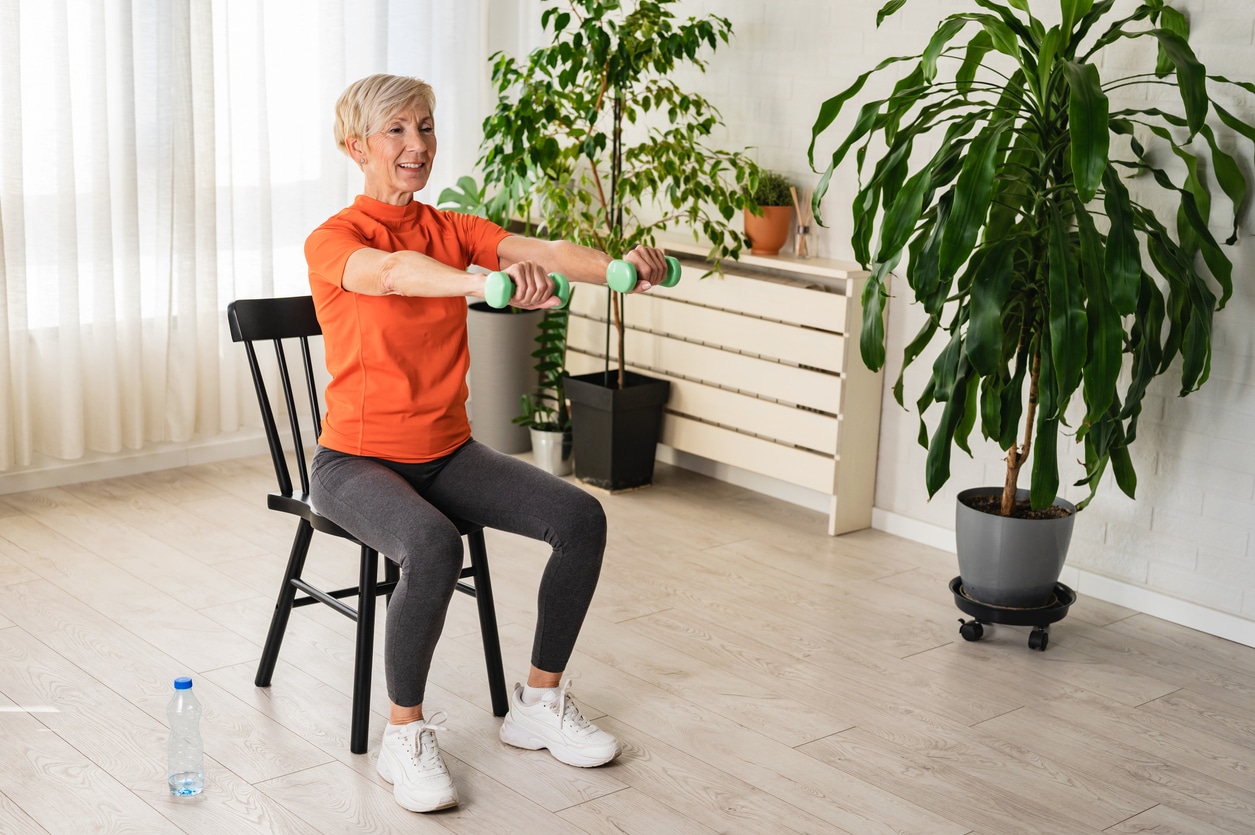Caring for a senior loved one is always a multifaceted responsibility, but when they are also living with a disability, the challenges can multiply. Your goal is to ensure their comfort and quality of life, but achieving this can sometimes be a daunting task. However, despite the difficulties, the journey can also be profoundly rewarding.
Tips for Supporting Seniors with Disabilities
Understanding the Disability
Disabilities manifest in various forms, ranging from the visibly obvious to the subtly hidden. The challenge may be compounded if your loved one is either unaware of their condition or striving to conceal it. If they are yet to be diagnosed, you might feel particularly frustrated and exhausted. Disabilities can span a wide spectrum, including mobility issues, sensory impairments, and cognitive declines.
Identifying the specific disability your loved one is dealing with is crucial. Once you have a diagnosis, you can begin to explore appropriate treatments or care plans. This might involve something as straightforward as obtaining a hearing aid, or it could necessitate a more comprehensive approach.
Educating Yourself
Whether or not you are the primary caregiver, gaining a thorough understanding of your loved one’s disability is essential. Knowledge empowers you to provide better care and to ask informed questions when consulting with healthcare professionals.
Leverage multiple resources to educate yourself. Talk to doctors and specialists, conduct online research, and consider attending relevant classes or joining support groups. Connecting with others who are facing similar challenges can provide valuable insights and emotional support.
Prioritizing Communication
Effective communication is vital in caregiving. Maintain an open dialogue with your loved one, and approach conversations with empathy and respect. Avoid being pushy or making demands. Instead, integrate your questions and concerns into everyday conversations naturally.
Plan regular activities that facilitate communication, such as arts and crafts sessions or coffee dates. These moments not only provide opportunities for meaningful dialogue but also strengthen your bond.
Personalizing Care
Disabilities impact individuals differently, so personalized care is crucial. Tailor your approach to meet both the specific needs related to their disability and their personal preferences and routines.
Focus on what they need to function daily and what brings them joy. Balancing necessary assistance with enjoyable activities can improve their overall happiness and willingness to accept help.
Being Present
Even if you are not the primary caregiver, your presence and involvement are invaluable. Offer to help with practical tasks like driving them to appointments, running errands, or simply spending quality time together. Small gestures, like a weekly coffee outing or helping with household chores, can make a significant difference.
However, it’s important to set boundaries to ensure their needs do not overwhelm your life.
Practicing Patience
Watching a loved one struggle can be heart-wrenching, but it’s essential to remain patient and compassionate. Avoid jumping in to do things for them, even if it takes longer or requires repetition. Allowing them to maintain a sense of independence is crucial for their dignity and self-esteem.
Build extra time into your routine to accommodate their pace, and encourage them to handle tasks as independently as possible.
Taking Care of Yourself
As a caregiver, your well-being is just as important as your loved one’s. Preventing burnout is essential to continue providing effective care. Take regular breaks, seek respite care, and consider hiring professional help to relieve you periodically.
Join support groups to share your experiences and gain advice from others who understand your situation. Treat yourself to small indulgences, like a movie or a lunch outing, to recharge.
Investing in a medical alert system for your loved one can also provide peace of mind. These devices ensure they can access help if needed, giving both of you an added layer of security.
Ensuring Long-Term Well-Being and Happiness
Supporting a senior loved one with a disability requires a balanced approach of empathy, education, and self-care. By understanding their specific needs, maintaining open communication, and personalizing their care, you can significantly enhance their quality of life. Simultaneously, it’s crucial to remember your own well-being, ensuring that you can continue to provide the best care possible while also nurturing yourself.




